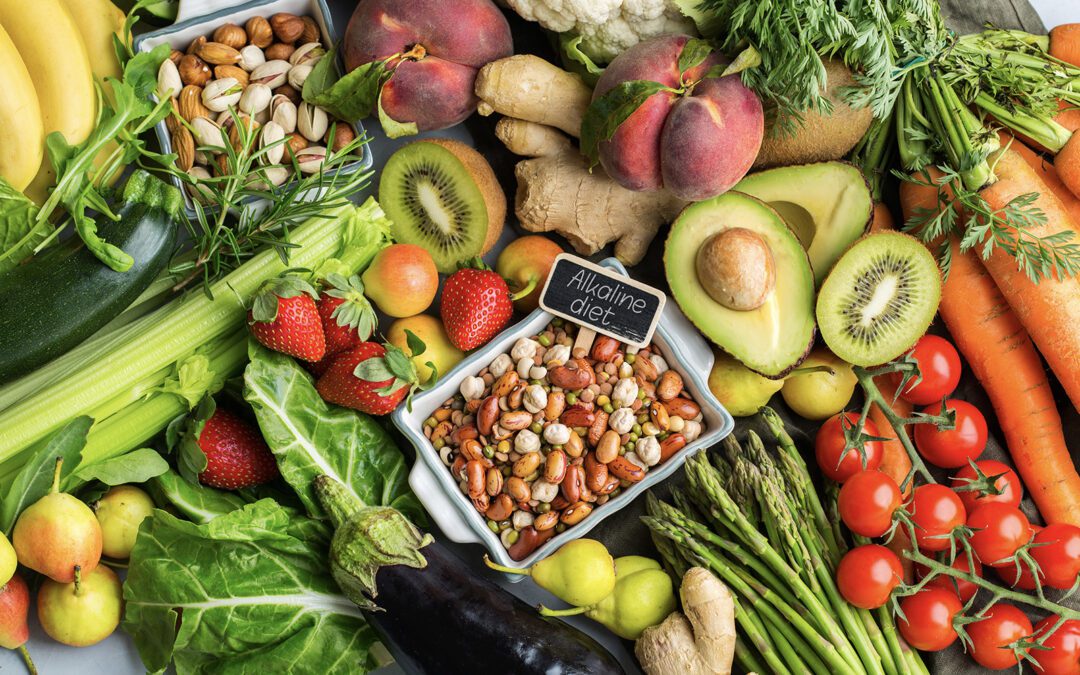A plant-based diet consists of fruits, vegetables, seeds, nuts, legumes, whole grains, and absolutely no animal products. Individuals choose to transition to a plant-based diet for many reasons—to support immune health, reduce inflammation, lower cholesterol, or for lifestyle preferences. Changing your eating habits to something you’re not used to can be challenging. The tips below can help make your transition to this diet smoother and easier .
Start Slowly and Gradually
The biggest piece of advice we can give you when it comes to beginning a plant-based diet is to start your transition slowly and gradually. Often, when we jump into a new lifestyle, it can be a shock for our bodies. If you try to change all your eating habits right away, you’ll probably fail because you’re trying to tackle too much at once. A good idea is to choose one or two plant-based foods to replace some animal-based products you’re used to eating.
Eat One Plant-Based Meal Daily
Until you’re ready to fully integrate into the vegan or vegetarian lifestyle, consider eating one plant-based meal daily to introduce your body to the new foods. Breakfast is a great meal to start with because the recipes are typically quick and easy. If you’re worried about not getting enough protein or nutrients, don’t believe the myths about plant-based diets. Many ingredients used in plant-based meals are rich in protein.
Keep an Open Mind
If you don’t keep an open mind or remain optimistic about your transition to a plant-based diet, you’re setting yourself up for failure. Instead of thinking about all the foods you can no longer eat, think about the positive attributes you’ll gain from this diet, like improving your gut health. In fact, you don’t have to give up any of your favorite foods. For example, if you have an affinity for pizza, you can still make this food, just in a plant-based version!
Don’t Be Afraid To Eat More
Most of the foods in a plant-based diet are low in calories yet rich in nutrients. This means you can eat more of these leafy greens at a time before you feel satisfied or full. Don’t mistake this as overeating because you will need to eat more of these foods to sustain your diet and energy levels throughout the day.
Changing to a plant-based diet will take much longer than a day or even a week. Don’t be intimidated by how others use this diet to sustain their lifestyle. Practice trial and error until you find ingredients and recipes you enjoy cooking and eating, and remember to start slowly to be successful.

Show Your Support
Take any of the following actions to stay involved and help us reach our goals. Subscribe to our newsletter, and follow us on social: Facebook, Facebook Group, Instagram, Twitter, Meetup, and Linkedin. Subscribe on YouTube and help us reach 1,000 subscribers.



